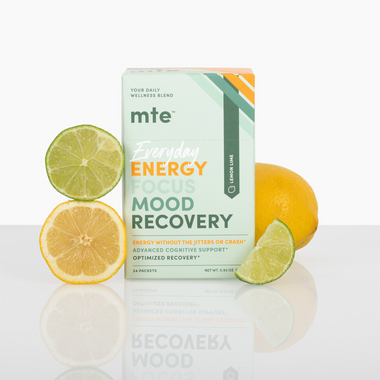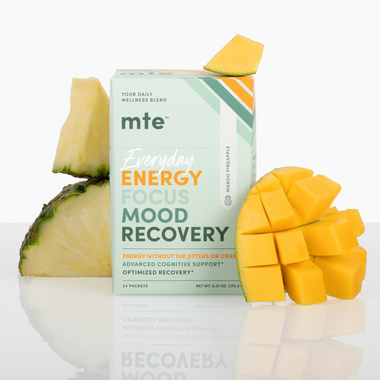Inflammation is the hallmark of nearly every health complaint, and is magnified by stress. So we loaded up on adaptogens and nootropics for their ability to reduce stress and inflammation, to help make things…better.*
Nootropic Energy that supports full body health
GET INFLAMMATION SUPPORT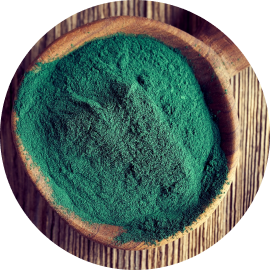
Spirulina is a superfood with adaptogenic properties. A dietary staple in many ancient and modern cultures, we included spirulina in our healthy energy drink replacement, in part, because it helps support inflammation response.
Spirulina gets its blue-green color from an antioxidant called phycocyanin,¹ which can protect against oxidative damage² by fighting free radicals and blocking the production of molecules that promote inflammation, providing impressive antioxidant and anti-inflammatory effects.³
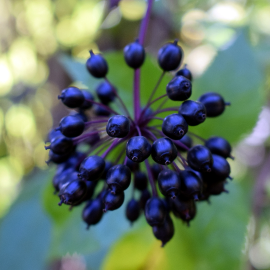
Eleuthero is an adaptogen and cousin of the panax ginseng family. It’s an herb used for thousands of years in traditional medicine, but it’s so legit that even the World Health Organization agrees its use as “a prophylactic and restorative tonic for enhancement of mental and physical capacities in cases of weakness, exhaustion and tiredness, and during convalescence”.
It appears as though it has beneficial antioxidant properties by interacting with our systems as an anti-inflammatory. ⁴ ⁵ ⁶
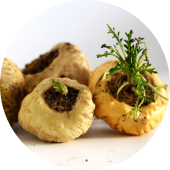
Maca is an adaptogen as well as a superfood. Native to Central and South America, it’s been cultivated by indigenous peoples for over 2000 years. Traditionally, maca supplements are used for energy and nutrition.
Maca root contains many compounds with antioxidant-like properties, such as vitamin C, polyphenols, and carotenoids, which can help neutralize free radicals in our bodies, all of which can support lower oxidative stress and inflammation.⁷
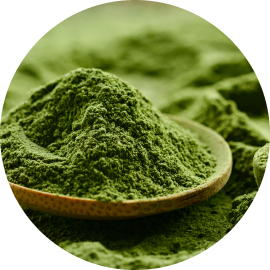
L-theanine is one of the many health-boosting compounds found in the tea plant. The interesting thing about l-theanine is that it does a lot: increases energy, scavenges toxins, induces feelings of calm, reduces stress, and supports cognition. And now we know that it also acts directly on inflammatory pathways.
In the medical research world, l-theanine shows anti-inflammatory activity, antioxidative properties, and hepatoprotective effects. In one study, l-theanine reduced the TNF-α-induced NF-κB activation in A549 cells, which suggest that l-theanine alleviates airway inflammation in asthma, which likely occurs via the oxidative stress-responsive NF-κB pathway. ¹¹

Perhaps the most well-known adaptogen, and perhaps the one with the most talents, of the many health benefits of ashwagandha, improved inflammation response is up there. Inflammation is a complaint in countless ailments, so the energy-boosting, stress-reducing, neurochemical-balancing properties of ashwagandha are sure to fight systemic inflammation.
However, ashwagandha also acts directly on our inflammatory system. This adaptogen contains compounds that supports reduced inflammation in the body by targeting inflammatory pathways.

